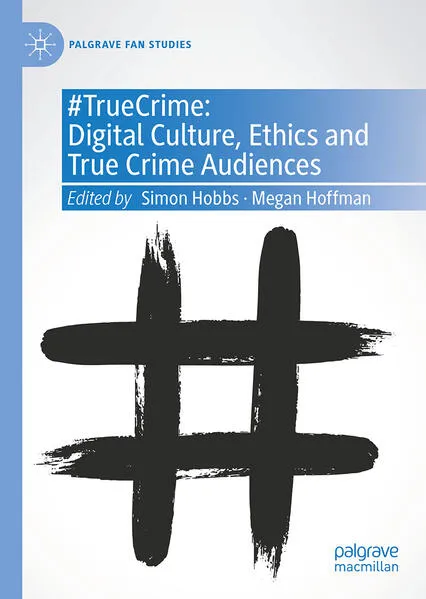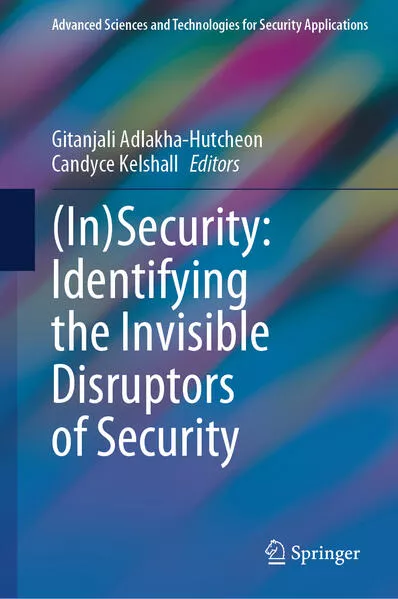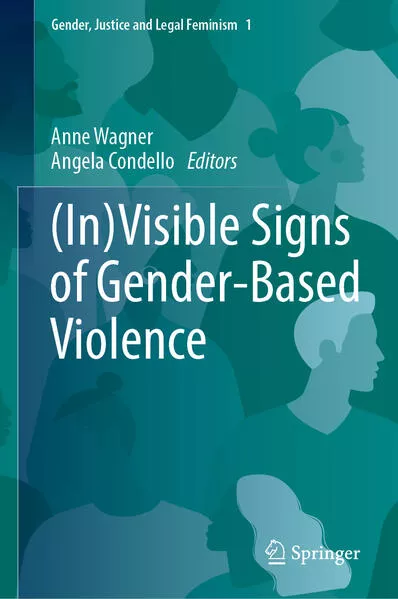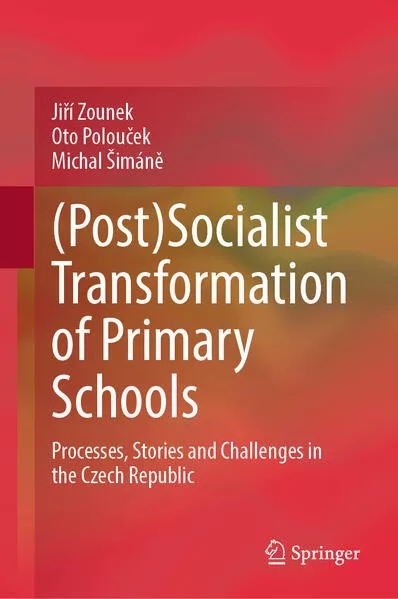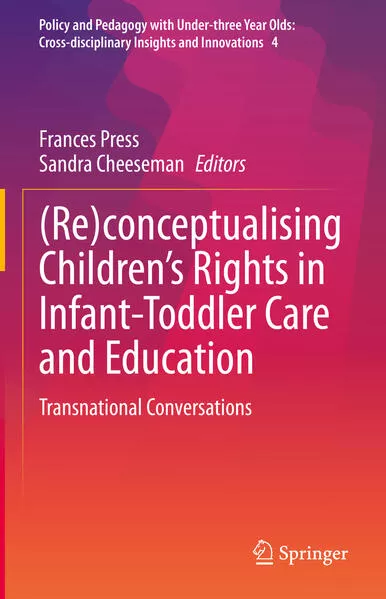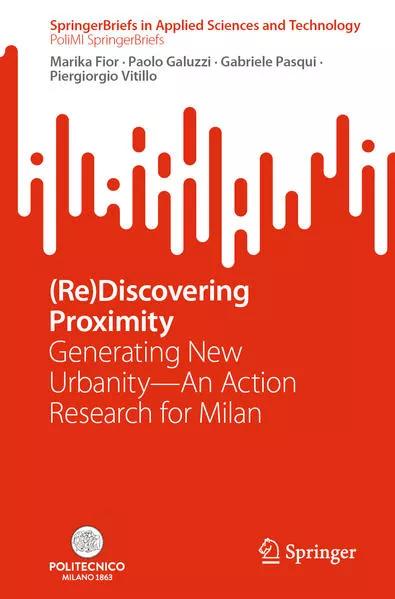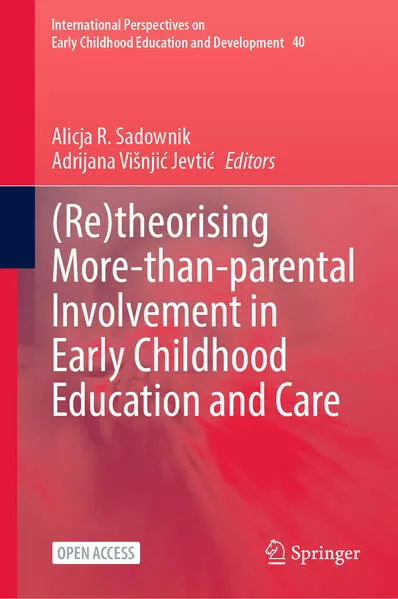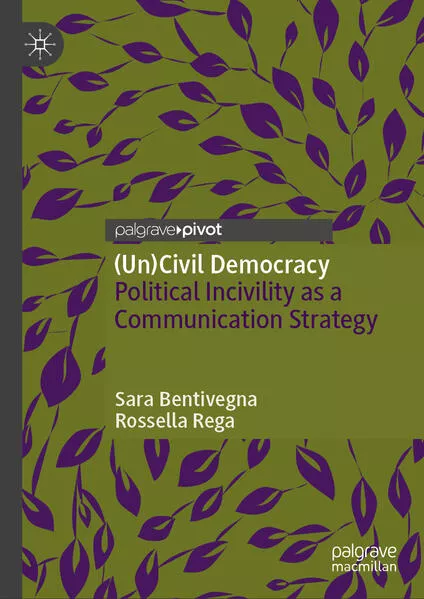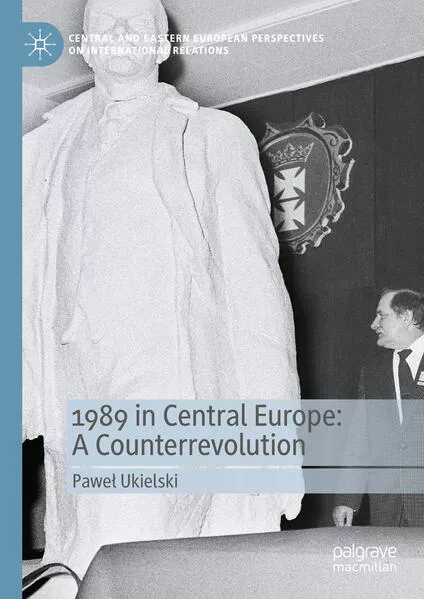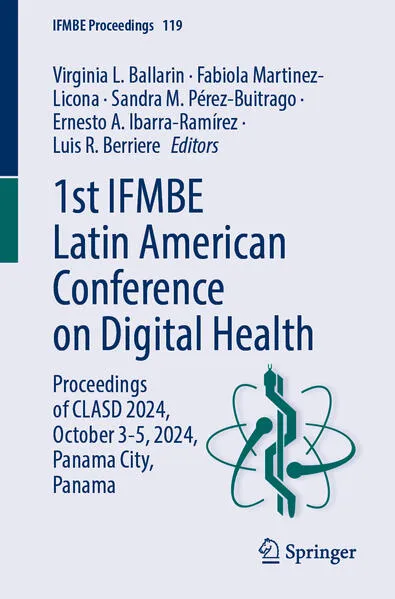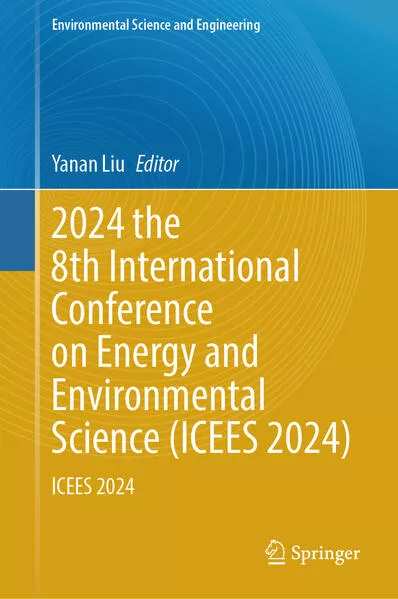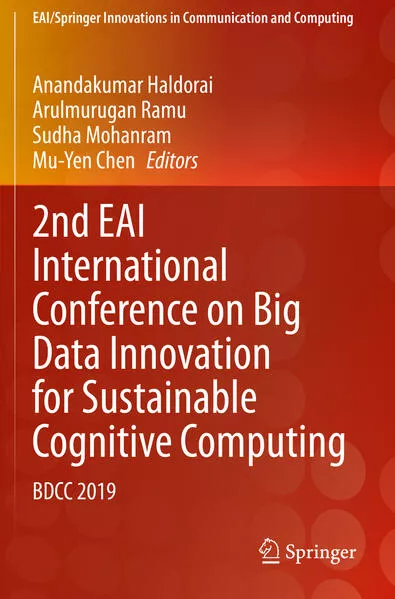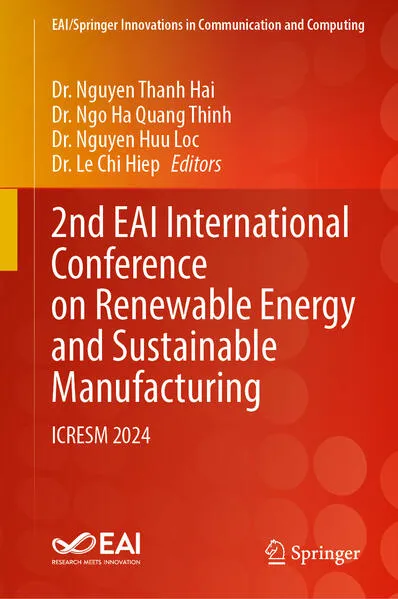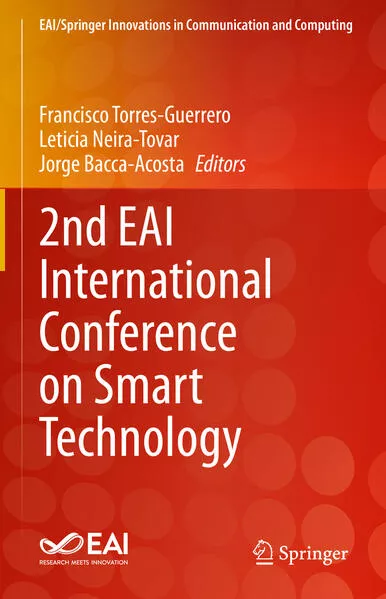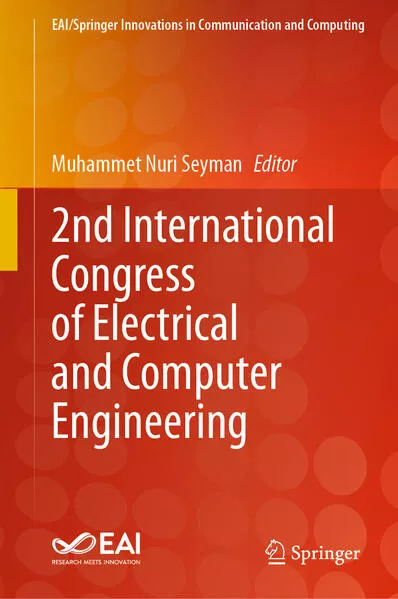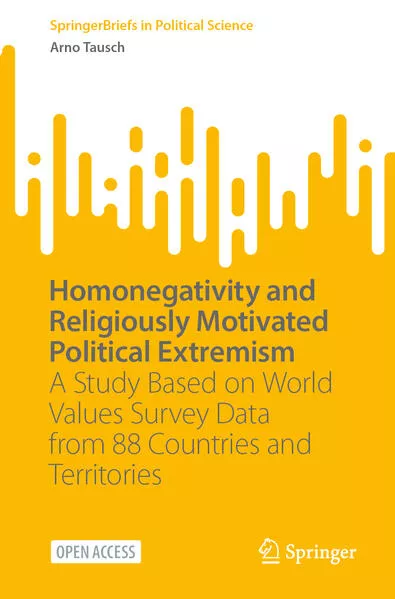
Homonegativity and Religiously Motivated Political Extremism
A Study Based on World Values Survey Data from 88 Countries and Territories
This open access book describes the world’s increasingly multicultural societies face the problem that more and more diverse lifestyles (LGBTQIA+ communities) are not universally accepted, and that today, in addition to xenophobia, racism and anti-Semitism, there is substantial homonegativity. This book explores this issue, reviews the empirical literature on the subject and provides new empirically based evidence on a global and European scale. Based on an analysis of The World Values Survey using the statistical software SPSS, it provides a scientifically sound answer to the question of which social groups in Europe and around the globe are more homophobic and which are less, together with insights into the multivariate relationships between homonegativity and religiously motivated political extremism. The extensive and representative statistical samples allow cautious conclusions to be drawn for smaller religious groups in the European Union and other countries around the world.
Unterstütze den lokalen Buchhandel
Nutze die PLZ-Suche um einen Buchhändler in Deiner Nähe zu finden.
Bestelle dieses Buch im Internet
| Veröffentlichung: | 27.08.2024 |
| Seiten | 114 |
| Art des Mediums | E-Book [Kindle] |
| Reihe | SpringerBriefs in Political Science |
| ISBN-13 | 978-3-031-66202-7 |
| ISBN-10 | 3031662024 |
Über den Autor
Arno Tausch is a Honorary Associate Professor of Economics, Corvinus University, Budapest, Hungary (since Fall Semester 2010) and Adjunct Professor (Universitaetsdozent) of political science at Innsbruck University, Department of Political Science, Innsbruck University, Austria (since 1988). He served as an Austrian diplomat abroad and was attaché, and later counselor for labor and migration at the Austrian Embassy in Warsaw, 1992-1999. He authored or coauthored books and articles for major international publishers and journals, among them 22 books in English, 2 books in French, 8 books in German, and around 100 articles in peer-reviewed journals and also numerous articles in the media of several countries.
Diesen Artikel teilen
0 Kommentar zu diesem Buch
.... weitere Publikationen von Springer International Publishing
Okkultes Historiendrama über den bedeutendsten Geheimkult der Antike - Spannung, Archäologie, Liebe und Mystery
Bewerbungsfrist bis zum: 17.03.2026



